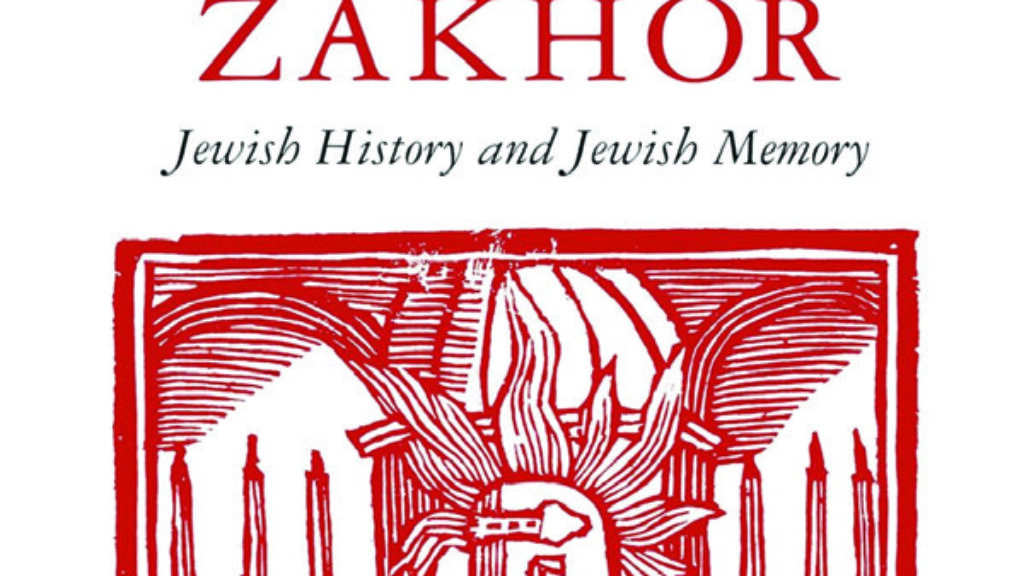“If Only My People…” Zionism in My Life
BY GIDEON ROSEN
“And I will give you as a light for the nations so My salvation will reach the edge of the earth” (Isaiah 49:6)
In his book, “If Only My People…” Zionism in My Life, Rabbi Dr. Lord Immanuel Jakobovits tackles the question of how to best fulfill the obligation to be an or l’goyim, or light unto the nations, head on through the application of historical essays and personal anecdotes. Delivering God’s command to the Jewish nation over two thousand years ago, Isaiah furthered the mission of returning the Jews to Hashem and His service. This famous directive to act as an or l’goyim is found not in any of the Five Books of Moses, but after the Temple’s creation and laying of the Jewish foundation in the Land of Israel.
Rav Jakobovits understood the significance of the timing of this mandate as such: Hashem was preparing the Jews for expulsion from the Land of Israel. Further, in anticipation of the crimes and injustices exacted on the Jews by nations of the world, the Jewish people needed a directive not to adopt an outlook of isolation. Unfortunately, as time progressed and the nations continued to persecute Jews, the context in which this oft quoted pasuk (verse) was given was forgotten. Jews increasingly adopted the outlook that if we forgot the world, the world would forget us.
As the Chief Rabbi of the British Commonwealth from 1967 to 1991, Rav Jakobovits led British Jewry through multiple Israeli wars and political leaders, from Yigal Allon to Yitzhak Shamir. Throughout his tenure as Chief Rabbi, he maintained constant support for Israel and the Jewish people globally. He understood Isaiah’s statement and that the questions, “what do the Jews owe to the world” and “how do we best fulfill our obligation to be a light unto the nations,” are one and the same. The answer is that we have been tasked by Hashem to be an or l’goyim.
Rav Jakobovits believed that every nation has a God-given gift and an obligation to share that gift with the world. By understanding the context of Isaiah’s prophecy, he could answer the question of how to do this quite easily. The Jews can best fulfill this command through the state of Israel; through creating and maintaining a Jewish state in our ancestral homeland.
Rav Jakobovits explained that the Jews were given the responsibility of spreading Hashem’s morals and ethics, and the optimal way of fulfilling this is by establishing and operating a state that represents and projects these morals. The state that Jews should use to project these values is Israel. Not only should Israel be the means of becoming an or l’goyim, but this should be the central goal of Israel. Through eliminating crime, poverty, and disease, Jews are representing Hashem’s ideals for mankind. Furthermore, the Jewish people should not shirk this responsibility, as it is both essential to the prosperity of Israel and, although maintaining this high standard may be challenging, it is the will of God.
Throughout his book (published in 1984), Rav Jakobovits also comments on the already prevalent double standards the world has placed on Israel. Rav Jakobovits explains that although this high standard, not shared with any other country, may have been placed on Israel due to nefarious purposes, the Jews should do what they have done throughout history—take the bad and use it to spread the good. Instead of rejecting this burden, Israel should welcome it and use it as a launching pad to improve the world. This is how we will fulfill our obligation to the world and to God by utilizing Israel to become a light unto the nations.
Suggested Reading

A New Viewpoint on Diversity
Often, it seems that the people who talk about diversity never visit diverse communities. People seem to think that diversity is based on how one looks. True diversity is not about how someone looks, but how they act.

My Real Internal Conflict is Not One of Clashing Interests
When do my Jewish interests and American interests conflict? After much careful internal deliberation, I have concluded that they do not.

Regaining our Power Through Knowledge: The Solution to Rising Anti-Semitism on Campus
An emotional connection to our Judaism cannot be our only solace. Knowledge is the solution to the problem Jewish students face today.

Zakhor, or Where Is Our History?
BY MAYA TRATT For all the talk about how Jews are the “People of the Book,” there is a chapter that seems conspicuously missing—where is Jewish history? A ubiquitous facet…